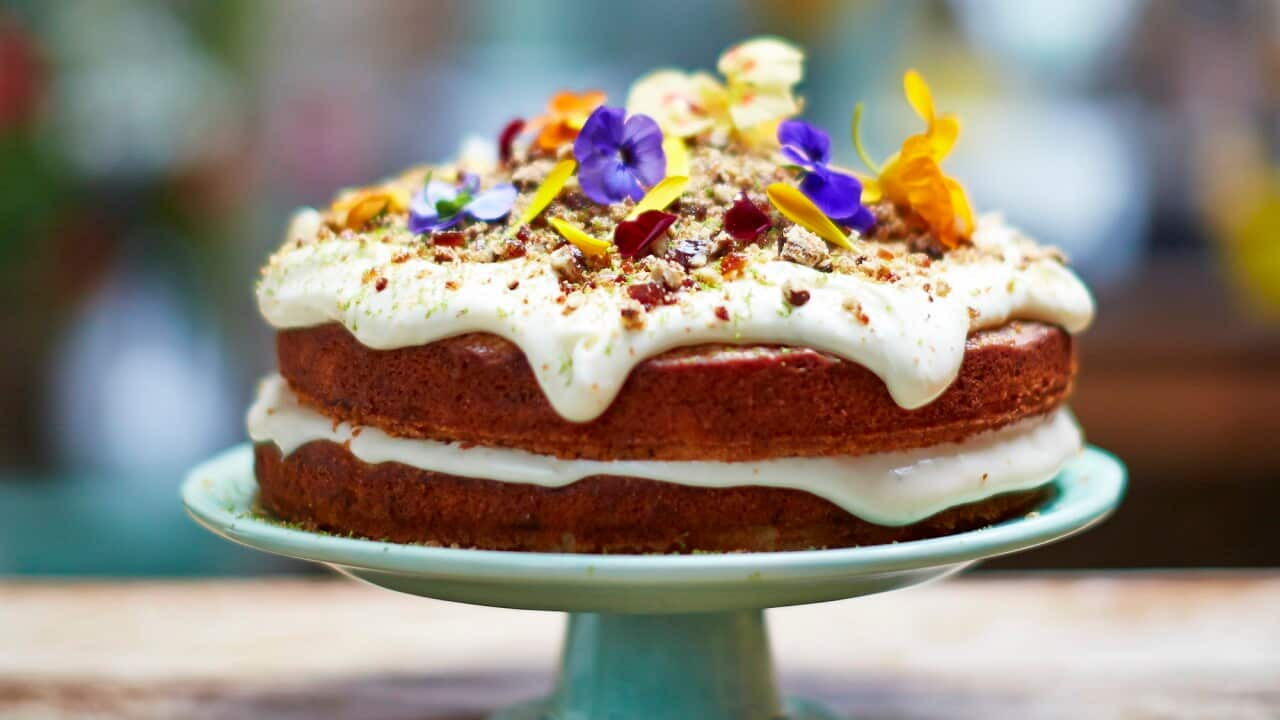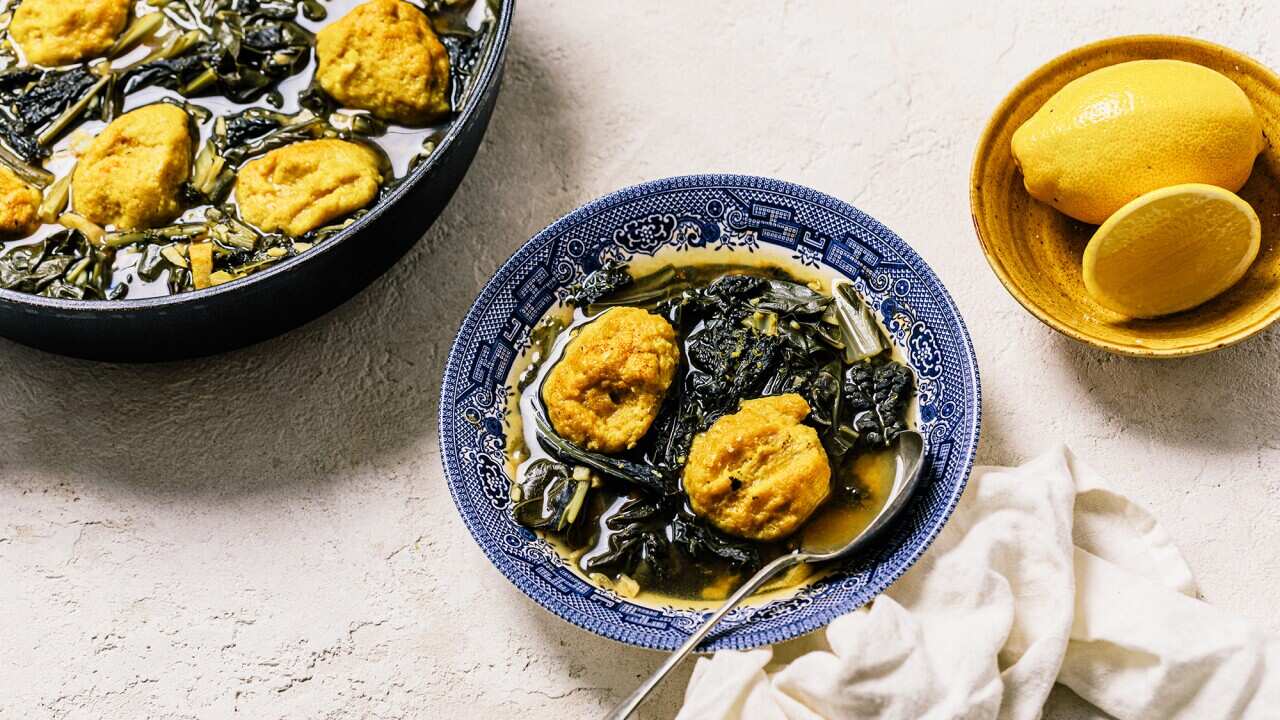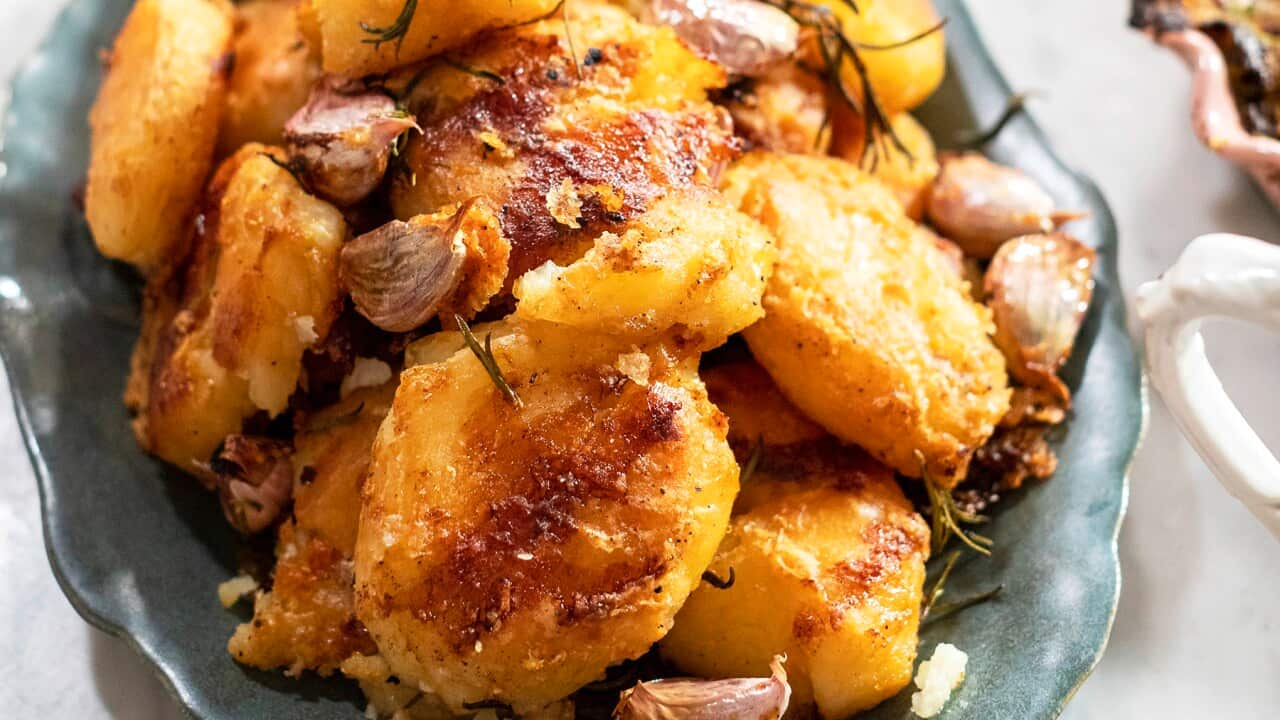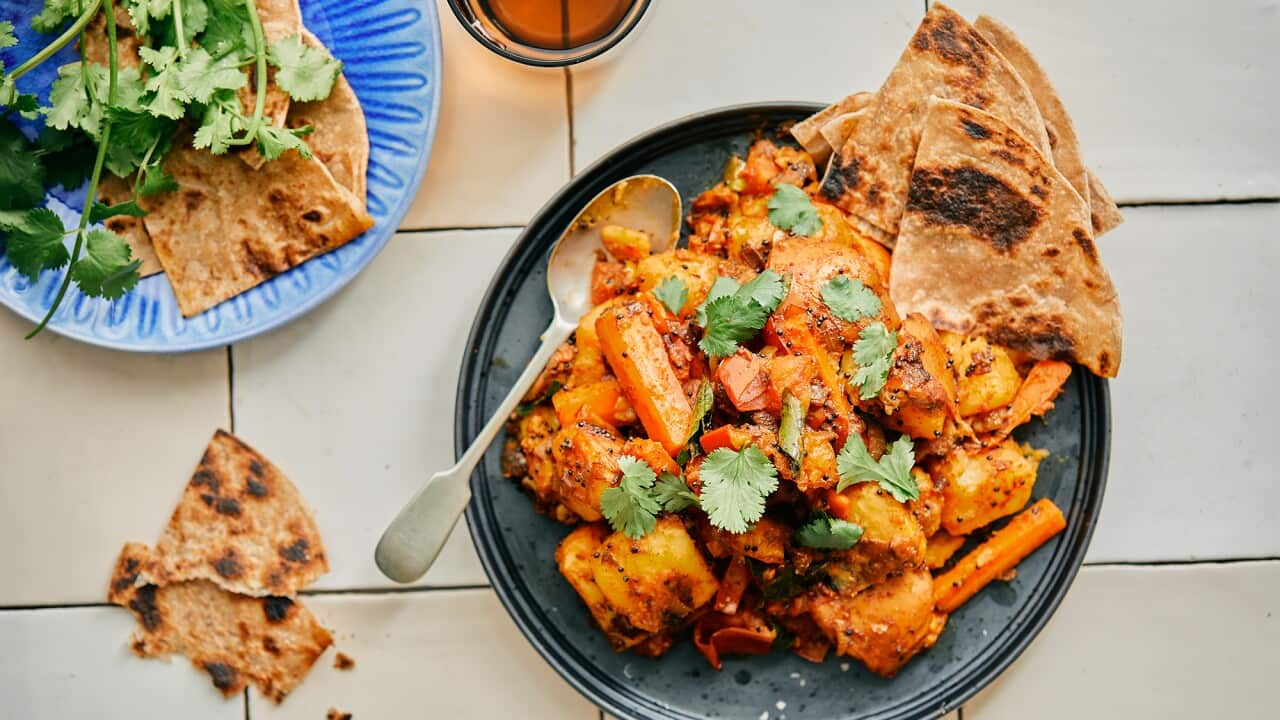makes
900 g
prep
10 minutes
cook
25 minutes
difficulty
Mid
makes
900 g
serves
preparation
10
minutes
cooking
25
minutes
difficulty
Mid
level
Feeding five children meant that hwe jam-making was a small cottage industry and she would make about 10 litres at a time. She would skim off the froth from the top – that’s the part we children would get to eat first; it was simply delicious. It has always disturbed me to see so much sugar in jams. Though my pâtissiers didn’t approve, many years ago I waged war on sugar and the quantities we were using in my kitchen, and I won! So now my pâtissiers are happy to make a low-sugar jam. And the result is that the jam is more colourful and certainly less sweet so the fruit flavour triumphs.
Ingredients
For the jam
- 900 g strawberries (Buddy, Gariguette or Mara des Bois), chopped
- 250 g caster sugar
- 7 g pectin (see Note)
- 4 tbsp water
- 3 tsp lemon juice
To seal the jars
- 80 ml Kirsch liqueur
Instructions
To prepare the jam, in a small bowl, macerate the strawberries in 230 g of the sugar for 15 minutes. The sugar will permeate the fruit, provide better texture and increase the flavour.
In a large, heavy-based saucepan on a medium heat, bring the macerated strawberries to a gentle simmer. Skim off any froth that rises to the surface and cook until broken down.
In a small bowl, mix together the remaining 20g of sugar, the pectin and water and leave to one side for 15 minutes for the sugar to absorb the water and form a paste. Stir the paste into the warm strawberries and bring to the boil for 3 minutes.
To test if the jam is the right consistency, pour a tablespoon on to a plate and put into the fridge for 10 minutes. Turn off the heat under the jam. The jam is set if it wrinkles when you push your finger into it. If the jam isn’t quite setting, bring it back to the boil for 5 minutes and repeat the test. Once the jam is at a setting consistency, stir in the lemon juice and set to one side to cool slightly before pouring into sterilised jars.
To create an airtight seal, gently warm a small pan with the kirsch and using a long match or lighter set it alight, then pour a layer over the jam. Quickly screw on each lid and leave to cool. This will create a bacteria-free vacuum inside the jar. Unopened, you can store the jam in a cool dark place for up to two months. Once open, keep refrigerated and use within two weeks.
Note
• I have found that apple pectin is the best because it has the strongest binding than any other I’ve tried.
Recipe from Kew on a Plate with Raymond Blanc (, hb, $55). See more from Raymond Blanc in , on SBS and SBS On Demand.
Cook's Notes
Oven temperatures are for conventional; if using fan-forced (convection), reduce the temperature by 20˚C. | We use Australian tablespoons and cups: 1 teaspoon equals 5 ml; 1 tablespoon equals 20 ml; 1 cup equals 250 ml. | All herbs are fresh (unless specified) and cups are lightly packed. | All vegetables are medium size and peeled, unless specified. | All eggs are 55-60 g, unless specified.
Feeding five children meant that hwe jam-making was a small cottage industry and she would make about 10 litres at a time. She would skim off the froth from the top – that’s the part we children would get to eat first; it was simply delicious. It has always disturbed me to see so much sugar in jams. Though my pâtissiers didn’t approve, many years ago I waged war on sugar and the quantities we were using in my kitchen, and I won! So now my pâtissiers are happy to make a low-sugar jam. And the result is that the jam is more colourful and certainly less sweet so the fruit flavour triumphs.









